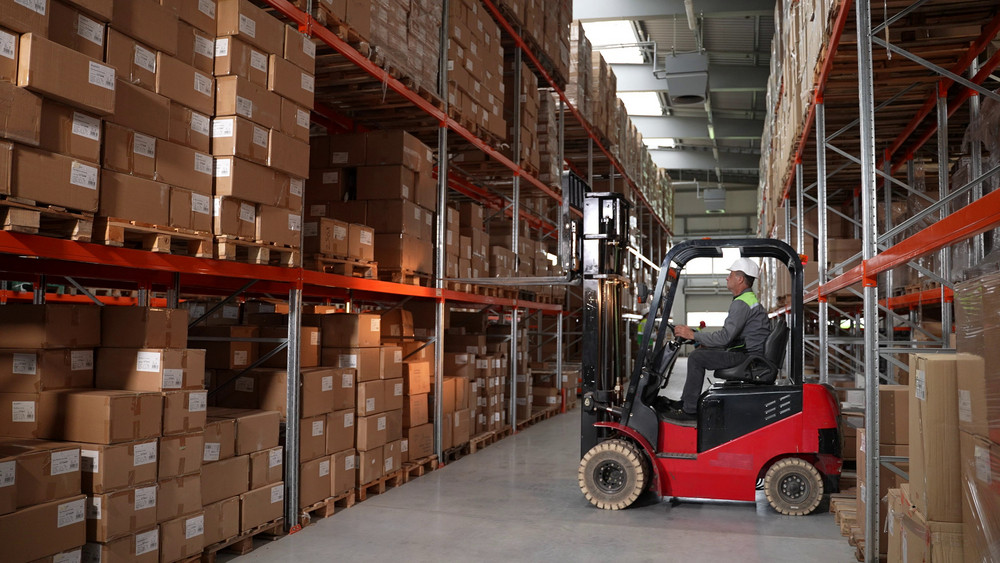Top 5 Benefits of Cloud Containerization for IT Businesses


Cloud containerization is a big deal in the world of IT. It’s a technology that allows businesses to run applications and services more effectively while meeting their end-user needs better. As a result, cloud containerization is something that many companies want to explore. Major cloud companies like Microsoft Azure, GCP, and AWS are embracing container technology.
This article will explore the benefits of cloud containers for businesses and why most companies are rushing to get on board this trend. We will look at various advantages of cloud containerization and whether or not it’s right for your business.
Increased Portability
Containers are portable and can move across different cloud providers. The lightweight nature of containers makes it easy to move them around your data center or even between data centers at different geographical locations. This portability can help you cut costs by moving your containers between cloud providers.
For example, suppose you want to reduce costs with a lower-cost service provider. In that case, you can move your containerized applications over to their infrastructure without having to rewrite them from scratch or rebuild the entire application stack on the new infrastructure.
Another benefit of containerization is that it allows for easier migration between public and private clouds. Containers can run easily on multiple platforms (e.g., AWS and Microsoft Azure). You don’t need separate instances for different environments (such as production or staging) because one instance will work just as well as another.
Reduced Overhead
One of the biggest advantages of cloud containerization is that it reduces overhead. Containers use the host operating system’s kernel and thus reduce overheads and minimize resource use. They are also easier to manage than virtual machines. This allows you to scale your IT resources more efficiently and devote more resources toward other projects.
Containers are lightweight and quick to deploy, so they can move between machines easily. Even at a moment’s notice if need be. They also don’t require hours or days to boot up as full-blown virtual machines do. It makes them ideal for applications that need fast access, such as databases and web servers.
Increased Scalability
Cloud containerization allows you to scale up or down depending on the needs of your business. For example, suppose you have an influx of new customers who need additional services from your team. In that case, you can quickly adjust and accommodate them without going over budget or hiring more employees. It is a benefit because it allows companies to remain profitable when revenue is down due to poor sales or seasonal changes.
Cloud containerization also helps companies meet customer demands by scaling their products based on customer preferences. You may have noticed this with Amazon Web Services (AWS) S3 storage. The service automatically scales up as more people use it. Thus, ensuring that every user has fast access regardless of how popular the service becomes among users.
Improved Security
You can use containers for improved security. Containers are more secure than virtual machines (VMs). While it is true that a container can be compromised and malware could then spread throughout your IT infrastructure, VMs have the same risk.
Because containers are sandboxed, they are less likely to be susceptible to viruses or other attacks that need access to other parts of your system. Using specific apps and users also makes it easier to protect against threats like phishing scams and ransomware attacks.
Faster Development
One of the biggest benefits of containerization is that it speeds up your development process. Containers can deploy quickly, customize quickly, and swiftly update. It means you can iterate on your code more often and get more feedback from users sooner.
Containers can also test faster. This is because they have all the necessary dependencies installed. Therefore, are ready to go as soon as they’re deployed into an environment. Additionally, you can deploy containers to different environments (e.g., Staging vs. Production) much easier than VMs. There’s no need for registration or allocation with each cloud provider before deployment takes place in production environments using traditional VM images like those found on Amazon Web Services (AWS).
Businesses Should Be Looking Into Cloud Containerization
Cloud containerization is a way for IT businesses to improve efficiency, decrease overhead and increase portability. It can also enhance security.
Cloud containers are easier to scale than traditional servers because you don’t need as many servers running simultaneously. They’re also more portable because they run on remote servers that you can easily move between different locations or companies. Plus, they offer better security because they don’t have any physical hard drives or disks inside them. All information stores in the cloud instead of locally on your computer or server hardware (or other host devices).
Developers can start faster with cloud containers, too, since there’s no need for installing OSs like Ubuntu. All you need is Docker on your laptop.
Conclusion
IT businesses should be looking into cloud containerization. It has many advantages, including increasing portability, reducing overhead, and improving security. If you’re still not sure about how beneficial it can be for your business, consider that some of the biggest companies in the world right now, including Google and Amazon are using it.









